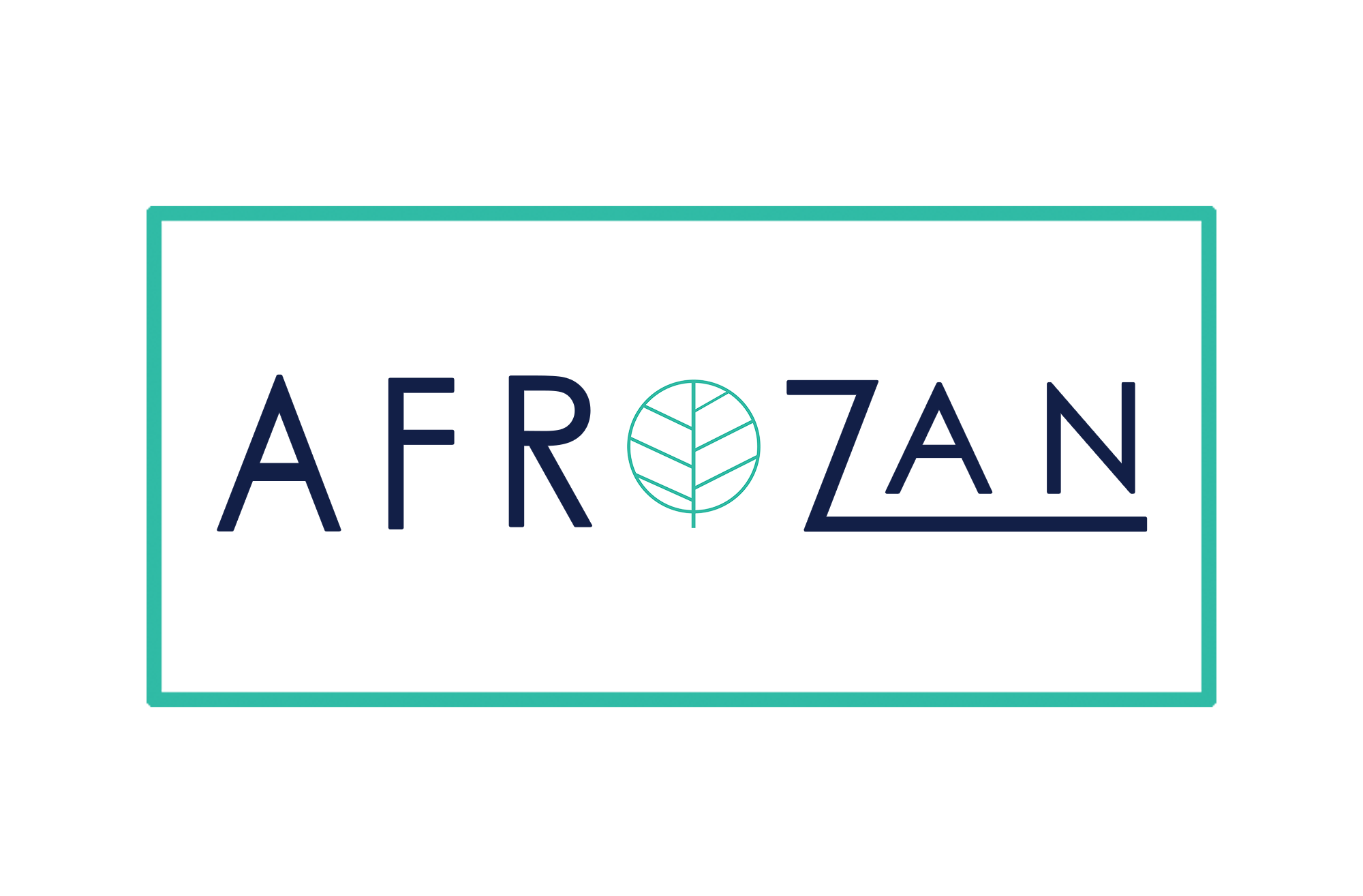In today's fashion industry, where consumers are increasingly concerned about sustainability and transparency, Digital Product Passports (DPPs) are emerging as a powerful tool for brands to communicate detailed information about their products. DPPs provide a digital record of a fashion product's lifecycle, including design, materials, manufacturing processes, and sustainability credentials. By offering transparency and traceability, DPPs empower consumers to make informed choices aligned with their values while enabling brands to build trust, enhance supply chain management, and meet regulatory requirements. As the demand for sustainable and ethical fashion continues to rise, DPPs are poised to play a crucial role in driving transparency, accountability, and innovation across the industry.
A Digital Product Passport (DPP) in the fashion industry usually contains a range of information that aims to provide comprehensive details about a specific fashion product. The following are some typical elements that may be included in a DPP:
Product Description: Basic information about the product, including its name, style, and category
Design Details: Information about the design of the product, such as sketches, patterns, or design inspirations
Materials: Details about the materials used in the product, including the type of fabric, fibers, or materials, as well as information about their source and sustainability certifications
Manufacturing Process: Insights into how the product was manufactured, including where it was produced, by whom, and under what conditions. This may include information about factories, labor practices, and compliance with labor standards.
Supply Chain Transparency: Information about the various stages of the supply chain involved in producing the product, from raw materials sourcing to manufacturing to distribution. This may include details about suppliers and subcontractors.
Sustainability Credentials: Data on the product's environmental impact, such as its carbon footprint, water usage, energy consumption, and any eco-friendly practices or certifications.
Care Instructions: Guidance on how to care for the product to ensure longevity and minimize environmental impact. This may include instructions for washing, drying, and storing the item.
Resale Value: Information about the potential resale value of the product, including its durability, quality, and market demand in the secondhand market.
Authentication: Measures to ensure the authenticity of the product, such as unique identifiers or blockchain technology to verify its origin and history.
Consumer Engagement: Features that allow consumers to interact with the DPP, such as through QR codes or mobile apps, to access additional information or provide feedback.
By including these components, a Digital Product Passport aims to provide consumers with transparent and trustworthy information about fashion products, empowering them to make more informed purchasing decisions and supporting sustainable and ethical practices in the fashion industry.

To create a Digital Product Passport (DPP) for fashion products, multiple steps are needed, such as gathering information, using technology, and implementing systems to manage and distribute it, however there are a number of companies that specialize in providing digital solutions for the creation and management of Digital Product Passports (DPPs) for fashion brands. Brands can implement transparent and sustainable practices, track product information, and engage with consumers using services and technologies offered by these companies. There are a few of them listed below:
Eon: Eon is a technology company that provides digital identity solutions for physical products, including fashion items. Their platform enables brands to create digital twins for each product, providing detailed information throughout its lifecycle and enabling authentication, traceability, and consumer engagement.
EVRYTHNG: EVRYTHNG offers a platform for managing digital identities and data for consumer products, including apparel and fashion items. Their solutions enable brands to create connected products with unique digital identities, facilitating supply chain transparency, product authentication, and direct consumer engagement.
CircularID™ by Avery Dennison: CircularID™ is a digital product identity platform developed by Avery Dennison, which offers solutions for the apparel and footwear industry. It provides unique digital identities for products, enabling traceability, transparency, and circularity throughout the product lifecycle.
Higg Co: Higg Co provides tools and services for sustainability measurement and transparency in the apparel and footwear industry. Their Higg Index includes modules for assessing environmental and social impacts throughout the supply chain, and they also offer solutions for traceability and product labeling.
TrueTag: TrueTag specializes in providing digital tagging and tracking solutions for the fashion industry. Their platform enables brands to create digital passports for products, incorporating information about materials, manufacturing processes, and sustainability credentials.
While it's not currently mandatory for companies in the fashion industry to have Digital Product Passports (DPPs), there's growing interest and momentum towards implementing such systems.
With the rise of consumer demand for ethical and sustainable products, DPPs will become more important in brand strategies, serving as effective tools for establishing trust and loyalty. Moreover, as technology advances and industry standards evolve, DPPs will likely become more sophisticated, offering deeper insights into product lifecycles and enabling new levels of traceability and accountability. As such, DPPs are poised to shape the future of fashion by promoting responsible consumption, fostering innovation, and driving positive change throughout the industry.


